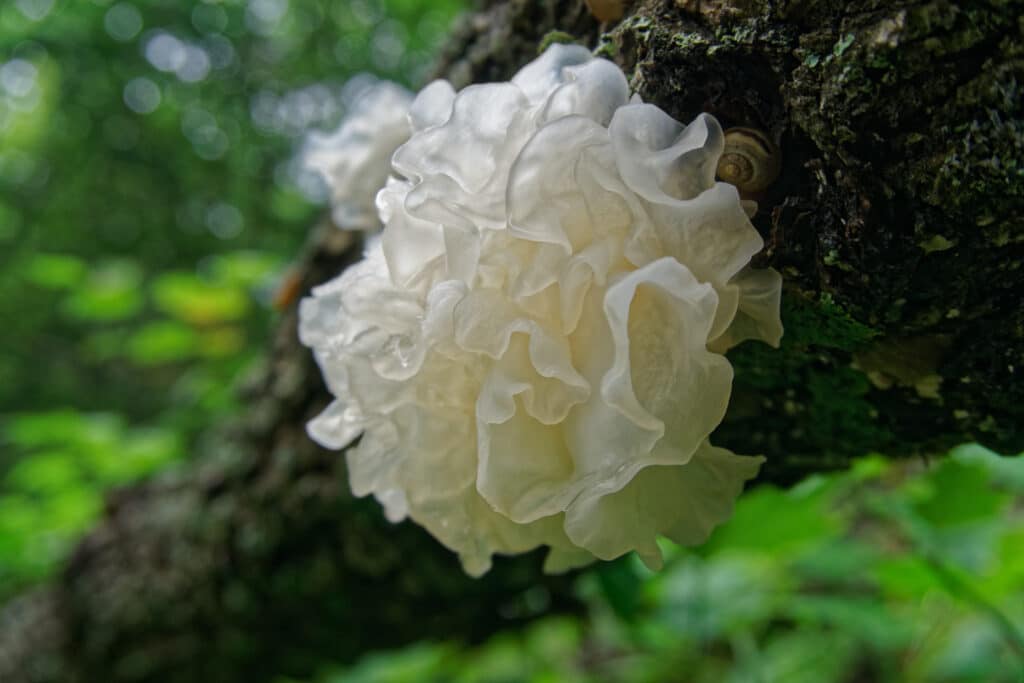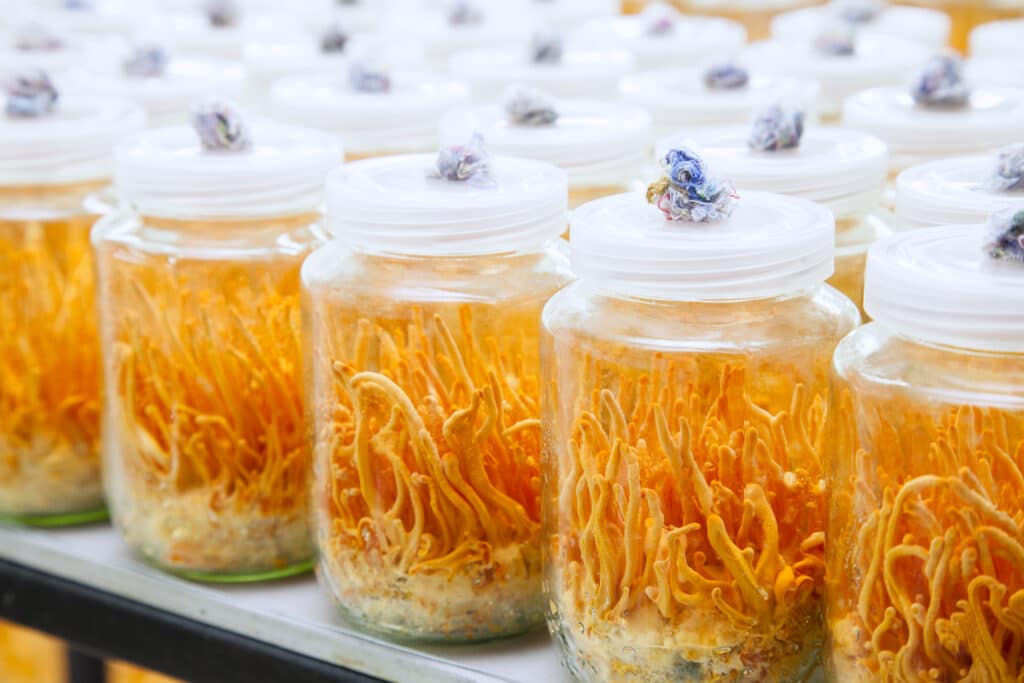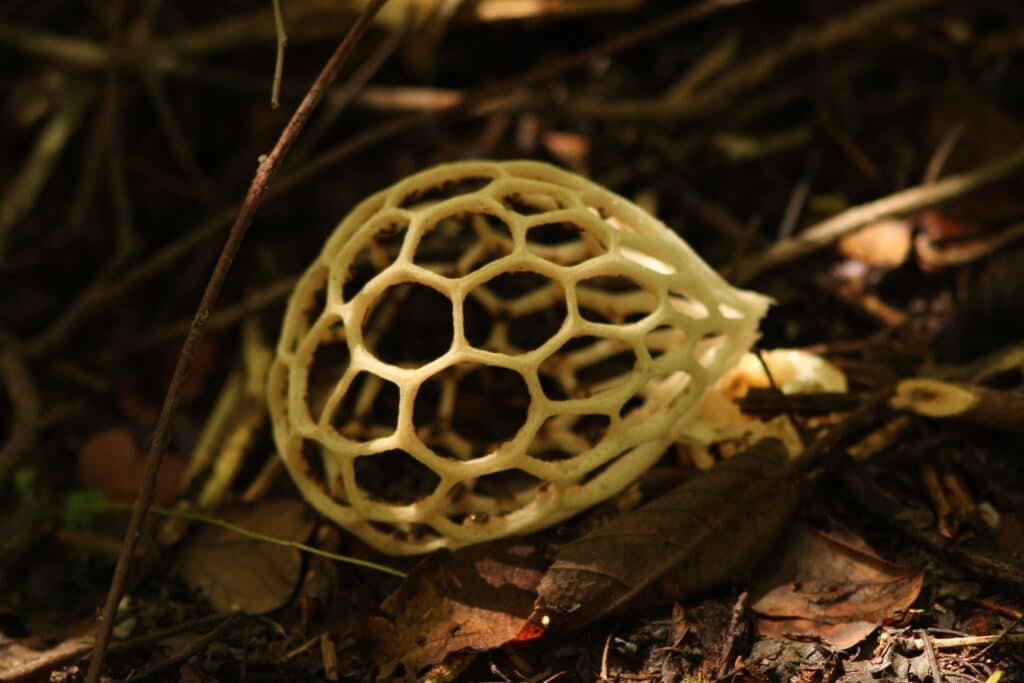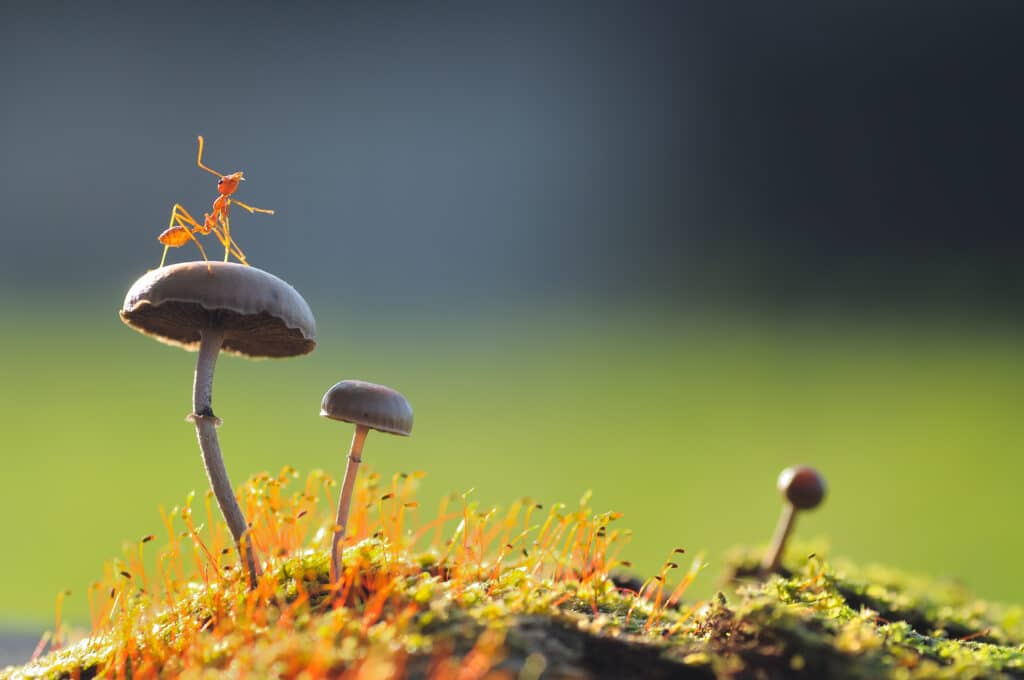
7 Shocking Facts About the Google Memory Game You Never Knew
We all have our favorite memory games, but did you know that Google has entered the ring with an impressive array of neurologic challenges for

Genius mushrooms are a type of mushroom with nootropic effects that may help enhance cognitive performance. These contain compounds like lion’s mane and cordyceps, which have been used for centuries in traditional medicine to promote mental clarity, focus, and concentration.
Studies have demonstrated that genius mushrooms can provide energy boosts, reduce stress and anxiety, improve memory recall, and enhance overall brain function. Furthermore, these mushrooms may aid in strengthening the immune system, decreasing inflammation, and improving cardiovascular health.
Genius mushrooms contain multiple active components that combine to form a synergistic effect more powerful than any individual compound could provide on its own. As such, taking these mushrooms can offer greater results than simply taking individual nootropics separately. As such, these mushrooms have become increasingly popular among those seeking natural ways to improve mental performance and overall health.
If you’re searching for a natural way to enhance cognitive functioning, genius mushrooms may be worth considering as part of your supplement regimen. Be sure to consult with a medical professional prior to taking any new supplements, especially if you already have an existing health condition.
Genius mushrooms are edible mushrooms with powerful nootropic effects. Common varieties include Lion’s Mane, Reishi, Cordyceps and Chaga. These contain compounds such as beta-glucans and terpenes which act on the brain to enhance cognitive performance. Studies suggest they can increase energy levels, reduce stress and anxiety levels, improve memory recall and overall brain function if taken in supplement form as part of a healthy lifestyle. By taking supplements like Lion’s Mane Mushroom extract from ISO Brain–plus many other powerful yet safe nootropic compounds–genius Mushroom extract is available too!

Some of the greatest minds in mushroom studies include Paul Stamets, a mycologist and author of six books on mushrooms; Michael Pollan, an American author who wrote “The Omnivore’s Dilemma,” David Aurora, an American mycologist who wrote seven books on fungi; and Gary Lincoff, also an American mycologist and co-author of The Audubon Society Field Guide to North American Mushrooms. These scientists have dedicated much of their lives to researching genius mushrooms and discovering their medicinal properties; their research has helped us better comprehend how these medicinal mushrooms can benefit overall health and wellbeing.
Mushrooms, commonly referred to as toadstools, are an intriguing type of fungus found around the world. For centuries they have been used for food, medicine and even magical rituals. Mushrooms come in all shapes and sizes – from white buttons on pizza slices to gigantic puffballs that tower over people’s heads!
Mushrooms belong to the class Basidiomycota, which encompasses over 5,000 species. Nearly all mushrooms possess some form of reproductive organ called a basidiocarp or fruiting body which most people recognize as the iconic “mushroom”. When mature, this structure houses thousands of spores inside its tissue which can be dispersed via wind or raindrops when mature. Furthermore, mushrooms produce enzymes and proteins which break down organic matter to release essential nutrients back into soil.
Mushroom species vary based on their environment, habitat and nutrition source; examples include grassland mushrooms such as boletes and chanterelles; woodland mushrooms like oyster mushrooms or shaggy inkcaps; dung-loving species; parasitic species like Armillaria mellea; saprophytic species like Trametes versicolor; and mycorrhizal mushrooms that live in symbiosis with plant roots – such as chanterelles. Not only are these edible sources but some medicinal properties have also been extracted from many wild mushrooms like reishi, turkey tail and shiitake which have been used historically to treat cancerous growths as well as hepatitis C.
Ongoing problems between partners continue to frustrate our efforts at home. If it comes to funding your projects, let us know your plans! Mushrooms play an essential role in the global ecosystem, decomposing organic matter to release valuable nutrients back into the soil; acting as food sources for animals providing a crucial link in several food chains; protecting plants by creating mycorrhiza associations which improve nutrient availability; some even produce antibiotics which can kill off pathogens living nearby; not to mention providing us with delicious culinary experiences too! With so much more to discover about these remarkable organisms – from different types growing nearby to fascinating facts about their anatomy – why not explore your local area today? You never know what amazing discoveries await you!

Mushrooms can be found worldwide, except Antarctica. Typically, they prefer shaded or damp areas but some species will thrive in full sunlight as well. Most mushroom species grow on the ground near trees but some also sprout on wood like logs and dead tree stumps; similarly, mushrooms have been known to sprout out of cracks in concrete walls and sidewalks as well as underground!
Mushroom growth is closely connected to their environment; different species prefer specific climates and soil types. In temperate climates, mushrooms may become visible after rain has fallen or when temperatures drop during autumn and winter months. Warmer climates tend to have fewer mushrooms due to heat inhibiting development; however, certain types of mushrooms thrive in humid environments with plenty of organic matter for them to feed off of.
Mushrooms can be found in a variety of places, such as forests, grassy areas, gardens, mulched flower beds and decomposing logs or stumps. Many fungi require certain conditions to thrive: enough moisture and balanced temperatures. In general, they need dark and moist environments along with food sources like decaying plant material or manure-enriched soil in order to thrive. Depending on the species requirements, certain composts or soils with specific pH levels may also be necessary for successful cultivation.
Mushrooms (including genius mushrooms) do not belong to the plant kingdom but instead fall under the kingdom of fungi. Fungi lack chlorophyll and therefore cannot photosynthesize, instead getting their nutrients from other living or dead organic matter through absorption. Unlike plants which rely on sunlight for energy and produce oxygen as by-product of photosynthesis, fungi absorb nutrients from their environment while releasing carbon dioxide into the atmosphere as part of their metabolic cycle – this explains why they’re often referred to as “saprophytes,” life forms that consume decaying matter in order to survive.
Fungi have distinct cell structures from plants; for instance, their walls consist primarily of chitin instead of cellulose. Furthermore, fungi reproduce differently than plants do–forming spores instead of seeds and propagating through networks of thread-like filaments called hyphae instead of roots or stems. These microscopic filaments absorb water and nutrients through osmosis before spreading throughout the organism.
Another key difference between mushrooms (and other fungi) and plants is genetic makeup: while both types of organisms contain DNA, plants also contain additional molecules such as chloroplasts that give them the ability to photosynthesize. In contrast, mushrooms do not possess these organelles and therefore lack the ability to produce energy via photosynthesis like most plants do.
Finally, the distinct differences between mushroom-forming organisms (fungi) and plant-forming organisms (plants) demonstrate why mushrooms should not be classified as plants: their cellular structures, methods for getting nutrition from their environment, reproductive strategies, genetic makeups and traits set them apart from many species found in nature.

A genius is an individual who possesses exceptional ability in one or more fields of study and can produce work that goes far beyond what would normally be considered normal or average. They possess a profound understanding, almost intuitively, of complex topics and concepts related to their area of expertise; this insight may enable them to make connections between ideas others may miss.
A genius’ exceptional intelligence and creativity can lead to ground-breaking inventions, theories or discoveries that have a lasting effect on their environment. Geniuses often possess an inquisitive nature combined with an impetus for innovation and creation – leading to some truly remarkable successes that redefine what was previously believed possible.
Geniuses not only possess an extraordinary intellect, but they also demonstrate mastery over their field through the ability to think outside the box. They see possibilities that might not be immediately obvious or achievable for others and take risks that lesser minds might never attempt due to fear of failure or lack of knowledge. By taking risks and challenging conventional wisdom, geniuses push science forward in ways lesser minds might never attempt due to fear of failure or lack of insight.
The term ‘genius’ has long been applied to individuals who displayed an extraordinary level of intelligence for their age group, yet its meaning has grown beyond this narrow definition. Geniuses are those whose creative thinking brings joy or enlightenment into the lives of others; whether scientists making life-altering discoveries or artists creating works which bring hope into others’ lives through art.
Genius mushrooms offer numerous health advantages due to their capacity for energy boosts, stress reduction and anxiety reduction, improved memory recall and overall brain function. Plus, these edible mushrooms contain compounds like beta-glucans and terpenes which work on the brain for improved cognitive performance. In Chinese medicine for centuries these mushrooms have been used as a way to strengthen immunity and extend life expectancies – just one more reason why taking genius mushroom supplements with other healthy lifestyle habits will give you improved focus and clarity quickly!
In conclusion, genius mushrooms are an edible mushroom with powerful nootropic effects which can increase energy levels, reduce stress and anxiety, improve memory recall, and overall brain function. Their compounds such as beta-glucans and terpenes act on the brain to enhance cognitive performance. With just the right combination of supplements from genius mushrooms combined with healthy lifestyle habits you may notice improved focus and clarity within no time! So why not give genius mushrooms a try? You might be pleasantly surprised by the outcomes!

We all have our favorite memory games, but did you know that Google has entered the ring with an impressive array of neurologic challenges for

Einstein’s Universal Appeal: Exploring the Global Impact of an Iconic Genius in 2023 Why Does the World Remember Einstein as a World Citizen? What is

I genuinely dislike computer science, but that won’t stop me from earning my degree by 2023. It’s no secret that computer science classes can be

In the early days of Instagram, getting verified was considered a sign of honor. That little blue checkmark next to your name indicated you were
† These statements have not been evaluated by the FDA. This product is not intended to diagnose, treat, cure, or prevent any disease.